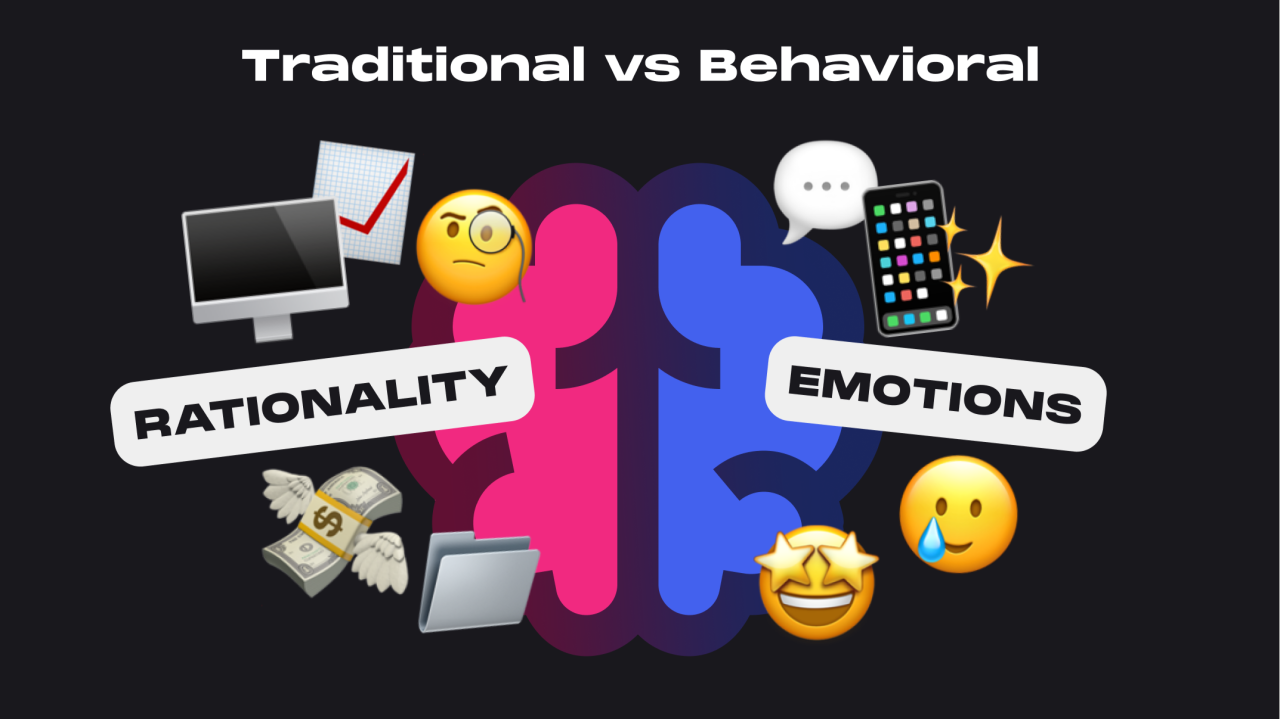Introduction
Investing in the financial markets is not only about numbers and strategies – emotions play a significant role in shaping our decisions. Fear, greed, anxiety, and even overconfidence can lead to poor investment choices that affect long-term success. In this article, we’ll explore the role emotions play in investing and provide tips on how to stay rational and make informed decisions, no matter what market conditions you face.
1. The Emotional Rollercoaster of Investing
The stock market is inherently volatile, and fluctuations in asset prices can create a wide range of emotions. From the excitement of seeing your investments grow to the fear of market downturns, emotions are an unavoidable part of investing.
- Example: When markets are soaring, investors may feel euphoria and become overconfident, taking excessive risks. Conversely, during market downturns, fear may trigger panic selling, even when holding the investment long term might be the better choice.
The key is learning to manage these emotions and staying focused on your long-term goals.
2. Understanding the Fear of Missing Out (FOMO)
One of the most common emotions investors face is the fear of missing out, or FOMO. When the market is performing well and everyone seems to be making profits, it can be tempting to jump in without doing proper research.
- Tip: Resist the urge to chase after quick gains. Instead, focus on building a portfolio that aligns with your financial goals and risk tolerance. Remember, markets are cyclical, and what goes up may come down.
By avoiding the FOMO trap, you ensure that your investment decisions are driven by logic, not emotion.
3. The Influence of Greed on Investment Decisions
Greed is another emotion that can cloud judgment and lead to risky investments. When things are going well, investors may become overly optimistic and pursue opportunities that promise quick returns, even if they come with higher risks.
- Example: During a bull market, investors might pour money into speculative stocks or new, untested ventures, hoping to make huge profits. However, this often leads to significant losses when the market corrects.
To manage greed, it’s crucial to maintain a diversified portfolio and not allow the desire for higher returns to cloud your judgment. Always ensure that your investments are aligned with your long-term financial goals.
4. The Impact of Fear and Panic Selling
Market downturns often trigger fear, and fear can lead to panic selling – one of the worst mistakes an investor can make. When the market drops, the instinct might be to sell off assets to avoid further losses. However, this can result in realizing losses that could have been avoided if you had held onto your investments.
- Tip: Stick to your investment plan. If your strategy is well thought out and based on solid research, short-term market fluctuations shouldn’t lead to panic. Instead of reacting impulsively, focus on the long-term potential of your investments.
Remember, market corrections are a natural part of the investment cycle. Historically, markets have always recovered over time, and patient investors have seen positive returns.
5. Overcoming Overconfidence in Investing
Overconfidence is another emotion that can negatively impact investment decisions. It happens when an investor believes they can consistently predict market movements or outperform the market based on limited information.
- Example: Overconfidence might lead to excessive trading, taking higher risks than necessary, or ignoring potential risks because of an inflated sense of expertise.
To manage overconfidence, regularly reassess your investment strategy, stay informed, and be willing to admit when you don’t know something. Remember, no one can consistently predict market movements, so diversifying your portfolio and keeping a long-term view is key.
6. The Importance of Emotional Discipline in Investing
The most successful investors are often those who can stay disciplined and manage their emotions effectively. Emotional discipline means sticking to your strategy, even when market conditions are turbulent. By focusing on your long-term goals and avoiding impulsive decisions, you’ll have a greater chance of achieving financial success.
- Tip: One way to maintain emotional discipline is by setting predefined rules for your investments. For example, decide beforehand how much risk you’re willing to take and when you’ll sell a position. This removes emotion from the decision-making process.
In addition, consider automating some of your investment decisions, such as contributing to your retirement fund or using dollar-cost averaging to invest at regular intervals, regardless of market conditions.
7. Developing a Rational Approach to Investing
To avoid the negative impact of emotions on your investments, it’s essential to develop a rational approach to decision-making. This means relying on facts, research, and a well-thought-out strategy rather than reacting to short-term market events.
- Tip: Educate yourself on market trends, economic indicators, and investment strategies. The more informed you are, the more confident and rational your decisions will be, even during periods of market volatility.
It’s also helpful to review your investment strategy periodically and make adjustments as needed based on your changing financial situation and long-term goals.
Conclusion
Investing is a journey that involves both financial knowledge and emotional control. By understanding how emotions like fear, greed, and overconfidence can impact your decisions, you can learn to stay rational and focused on your long-term goals. Maintaining emotional discipline, avoiding impulsive decisions, and sticking to a well-diversified portfolio will help you navigate the ups and downs of the market and achieve financial success.
Remember, successful investing is not about reacting to every market movement – it’s about staying calm, being patient, and sticking to your plan.
